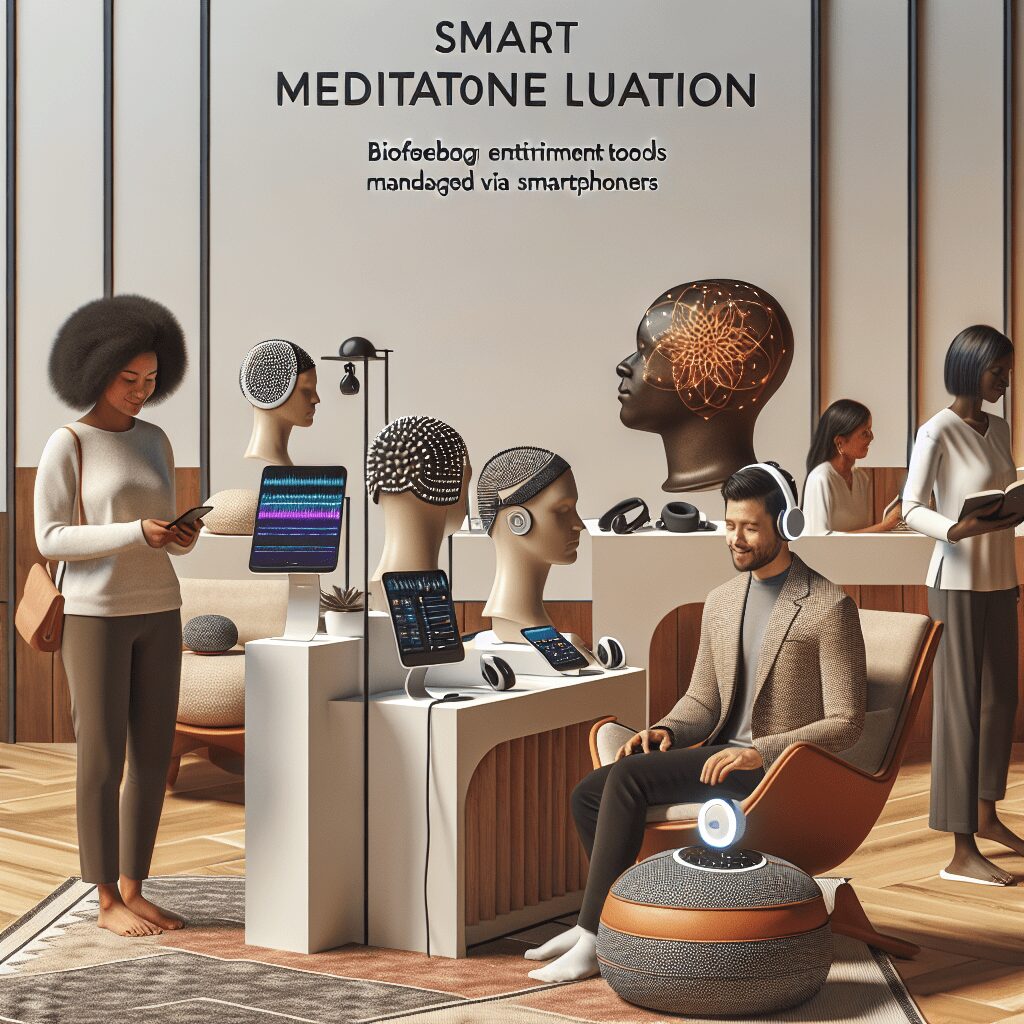
Prioritize your mental well-being daily. Enhance your life by nurturing your mental health with the Smart Meditation app. Break free from stress, alleviate anxiety, and enhance your sleep quality starting today.
Can Sleep Deprivation Cause Digestive Problems?
The Unseen Culprit: How Lack of Zzz’s Affects Your Gut Health
Ever wondered why after pulling an all-nighter or skimping on sleep, your stomach starts acting up? You might brush it off, thinking it’s just your body throwing a temper tantrum for missing out on beauty sleep. However, the connection between sleep deprivation and digestive issues is more than just a coincidental occurrence; it’s a scientifically documented phenomenon that deserves a closer look.
Sleep and Your Digestive Symphony
Believe it or not, your body is like a finely tuned orchestra, with each system playing its part in harmony. When you’re in the land of nod, it’s not just about catching those Z’s. Your body is busy at work repairing, restoring, and balancing essential functions – one of which is digestion.
So, how does scrimping on sleep throw a wrench in the works? Let’s break it down:
-
Stressing the System – Running on empty can increase stress hormones like cortisol, which isn’t just bad news for your mood; it’s a party pooper for your gut, too. High levels of stress hormones can wreak havoc, leading to inflammation and a whole host of digestive discomforts, including acid reflux, bloating, and irritable bowel syndrome (IBS).
-
Gut-Brain Highway Hijinks – The gut-brain axis, a two-way communication superhighway, ensures your gut and brain are in constant chatter. Skimp on sleep, and you’re essentially throwing a monkey wrench into this complex communication system, potentially leading to digestive disturbances.
-
Microbial Mischief – Your gut is home to trillions of microbes that play a critical role in digestion and overall health. Short-changing your sleep can impact the diversity and balance of these gut microbes, leading to an unhappy digestive system.
Putting the Puzzle Together
Are you seeing the pattern yet? Cutting corners on sleep doesn’t just leave you yawning and reaching for that extra cup of joe; it can lead to a cascade of issues that upset your digestive balance. Here’s the lowdown:
-
Gastroesophageal Reflux Disease (GERD) – Ever experience that unpleasant burning sensation in your chest after a poor night’s sleep? That’s GERD making its presence known, exacerbated by the physiological and hormonal chaos caused by sleep deprivation.
-
Constipation or Diarrhea – Depending on your body’s reaction to stress and hormonal imbalances, you might find yourself either frantically searching for the nearest restroom or wishing for a bowel movement.
-
Increased Appetite and Cravings – Lack of sleep can mess with the hormones that regulate appetite, leading to unwanted cravings (hello, midnight snack!), which can further disturb your digestive peace.
Wrapping It Up in a Blanket Burrito
So, does sleep deprivation cause digestive problems? Absolutely. The evidence is as clear as a starlit night. Prioritizing sleep is not just about feeling rested; it’s about keeping your digestive orchestra in harmony, ensuring each system plays its part smoothly.
Think of good sleep hygiene as the maestro of your body’s orchestra, conducting each system through the complexities of their performances. Implementing regular sleep schedules, creating a restful environment, and avoiding caffeine late in the day can all contribute to more restful nights.
And while catching Z’s might seem like a luxury in today’s fast-paced world, it’s essential to remember that sacrificing sleep is no badge of honor; it’s a one-way ticket to digestive discomfort and a whole host of other health woes. So, tuck in, power down those screens, and let your body revel in the restorative power of sleep. Your gut (and your mood) will thank you in the morning.





